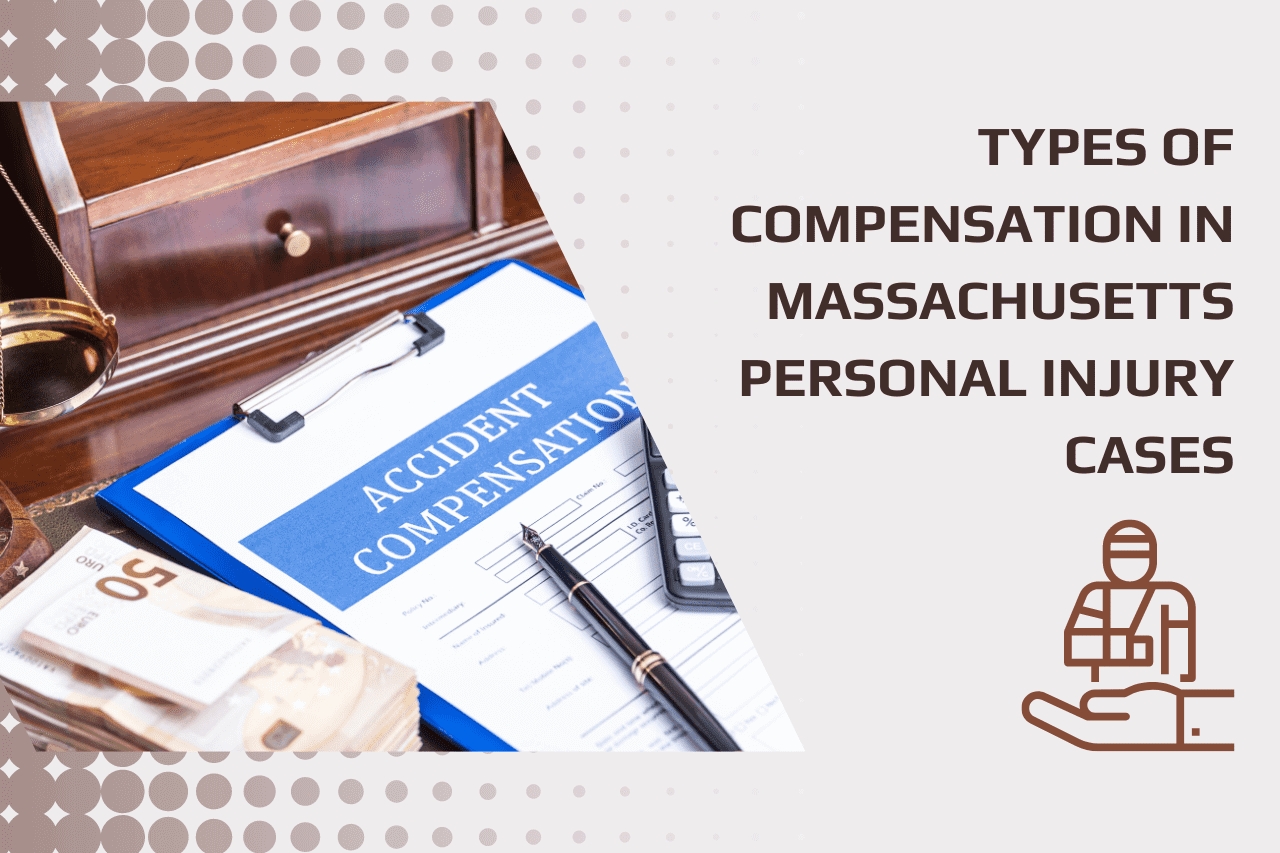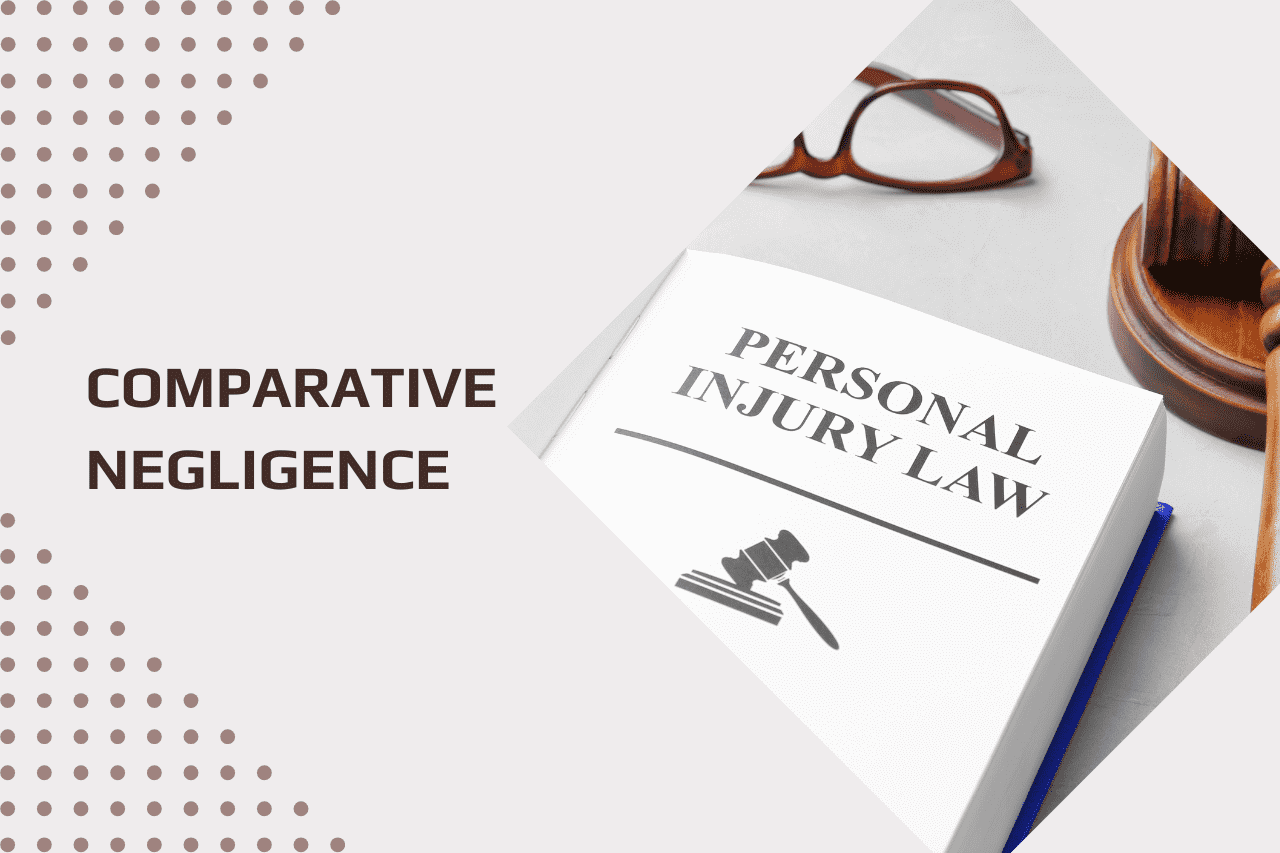From a car crash on a busy street to a slip and fall in a grocery store, the aftermath of a personal injury accident can leave individuals grappling with not only physical pain but also financial burdens. In Massachusetts, victims of personal injury have the legal right to seek compensation for their losses. But what types of compensation are available, and how do they work? Let’s delve into the specifics.
Economic Damages: The Tangible Losses
Economic damages cover the quantifiable financial losses directly related to the injury. These damages aim to make the victim “whole” again by reimbursing them for expenses and losses that can be clearly calculated. In many cases, a Boston personal injury attorney will consider the following key categories of economic damages:
Medical Expenses
Medical expenses represent one of the most significant categories of economic damages. These include costs for hospital stays, surgeries, medications, rehabilitation, physical therapy, and any other medical treatment necessary due to the injury. Victims can also claim compensation for future medical costs if the injury requires ongoing treatment.
Lost Wages and Earning Capacity
When an injury prevents someone from working, even temporarily, they can claim lost wages. This compensation includes the income lost during the recovery period and any future income loss due to reduced earning capacity. For instance, if an injury forces someone to take a lower-paying job or retire early, they may be entitled to compensation for the difference in earning potential.
Property Damage
If personal property is damaged during the incident that caused the injury, such as a car in an auto accident, victims can claim compensation for repair or replacement costs. This category typically includes not just the vehicle itself but also any personal items inside the vehicle that were damaged.
Non-Economic Damages: The Intangible Impact
While economic damages address the financial toll of an injury, non-economic damages compensate for the more subjective, intangible effects. These damages are harder to quantify but no less critical in the recovery process.
Pain and Suffering
Pain and suffering encompass the physical discomfort and emotional distress experienced due to the injury. This category can be challenging to calculate, as it involves placing a monetary value on something as personal as pain. Factors that can influence the amount include the severity of the injury, the duration of pain, and the overall impact on the victim’s quality of life.
Emotional Distress
Closely related to pain and suffering, emotional distress damages compensate for the psychological impact of an injury. This can include mental health issues stemming from the incident, such as:
- Anxiety
- Depression
- Post-traumatic stress disorder (PTSD).
In Massachusetts, proving emotional distress typically requires testimony from a mental health professional and evidence of ongoing treatment.
Loss of Consortium
This means the deprivation of the benefits of a family relationship due to an injury. This type of compensation is often sought by the spouse or close family members of the injured party and covers the loss of companionship, affection, and other relational aspects that are diminished due to the injury.
Punitive Damages: A Rare but Significant Award
Punitive damages are not commonly awarded in Massachusetts personal injury cases, but they can be a powerful tool for punishing particularly egregious behavior. While the main types of damages aim to compensate the victim, the purpose of punitive damages is to punish the wrongdoer. They also aim to prevent similar actions in the future.
To receive punitive damages in Massachusetts, the plaintiff must prove that the defendant’s actions were willful, malicious, or reckless to an extreme degree. These cases are rare and typically involve conduct that goes beyond mere negligence, such as intentional harm or gross recklessness.
Massachusetts Comparative Negligence Rule
It’s important to note that Massachusetts follows a “modified comparative negligence” rule, which can affect the amount of compensation a victim receives. Under this rule, if the injured party is found to be partially at fault for the accident, their compensation is reduced by their percentage of fault.
For example, if a jury determines that a victim is 30% responsible for their injury, their total compensation will be reduced by 30%. If the victim is found to be more than 50% at fault, they may be barred from recovering any compensation.
Conclusion
Understanding the types of compensation available in a Massachusetts personal injury case is crucial for victims seeking to recover from an accident’s physical, emotional, and financial toll. Here is a summary:
| Type of Damages | Definition | Examples |
| Economic Damages | Quantifiable financial losses directly related to the accident and the injury | Medical bills, lost wages, property damage |
| Non-Economic Damages | Compensation for intangible losses that are more subjective and harder to quantify | Pain and suffering, emotional distress, loss of consortium |
| Punitive Damages | Monetary awards intended to punish the wrongdoer for particularly egregious conduct | Rare in Massachusetts; typically awarded in cases of willful, malicious, or grossly reckless behavior |
Each case is unique, and the specific compensation available will depend on the facts of the case, the nature of the injury, and the applicable laws. For anyone injured due to someone else’s negligence, consulting with an experienced personal injury attorney is vital to ensure that they receive the full compensation they deserve.


